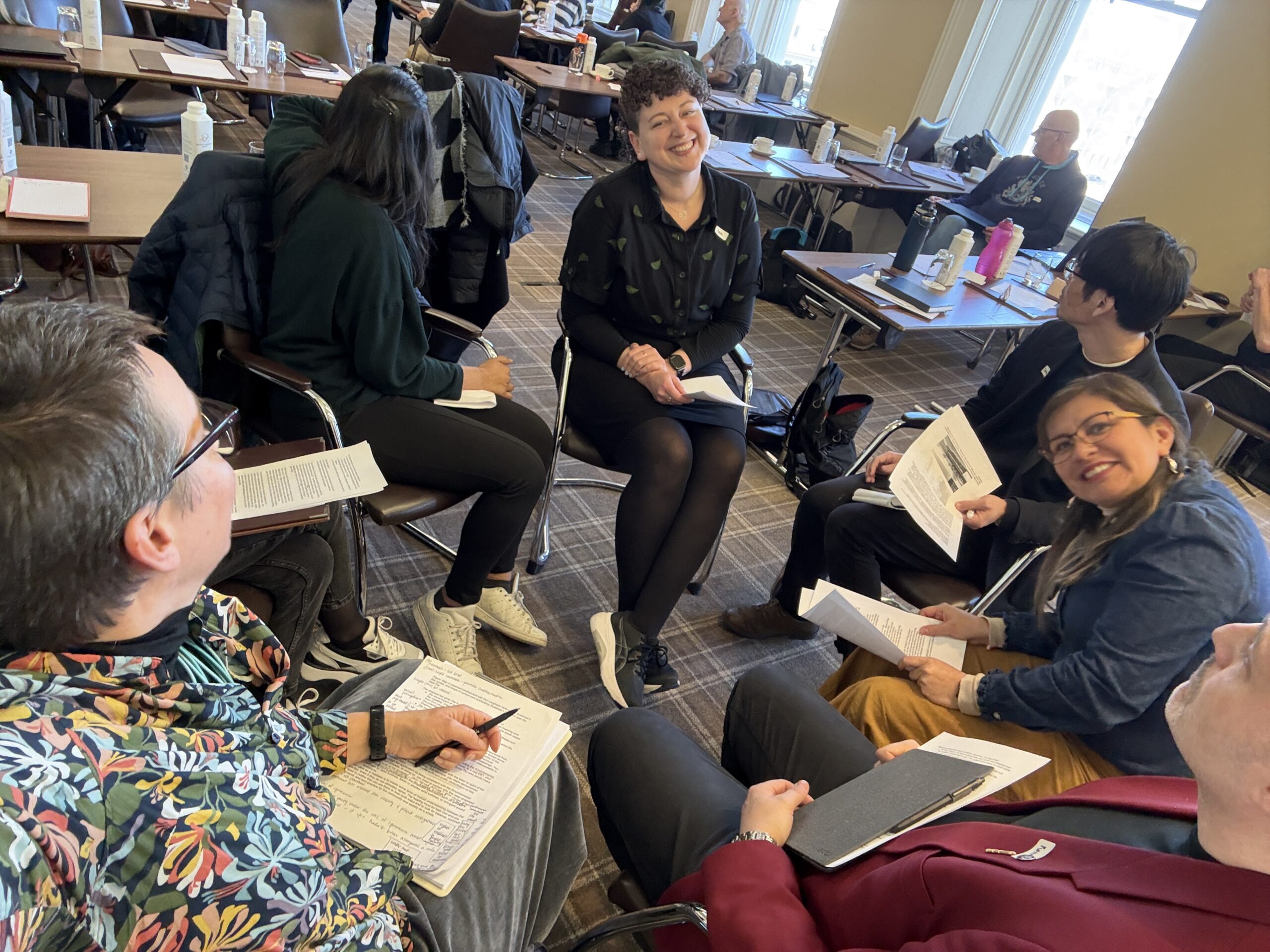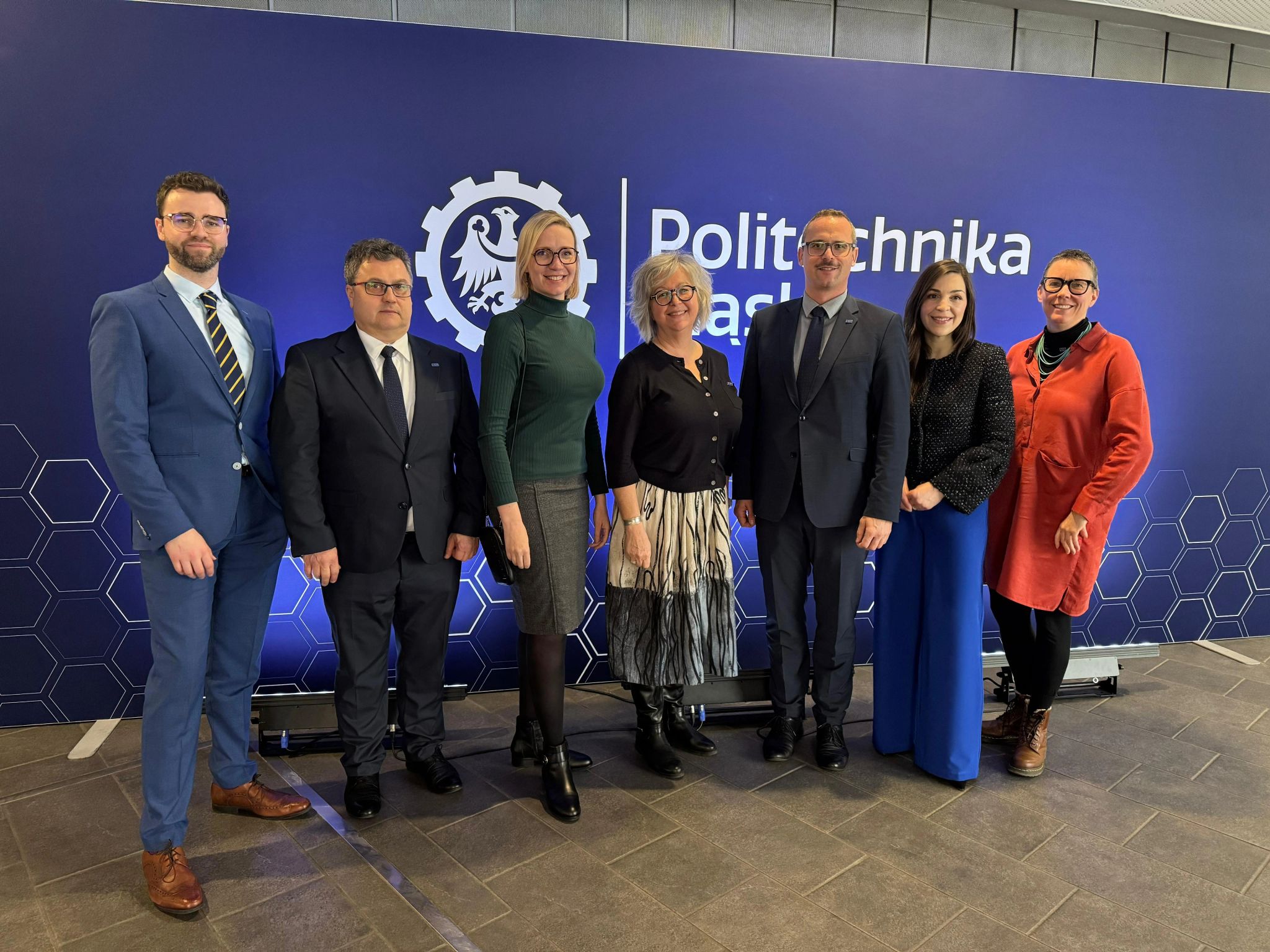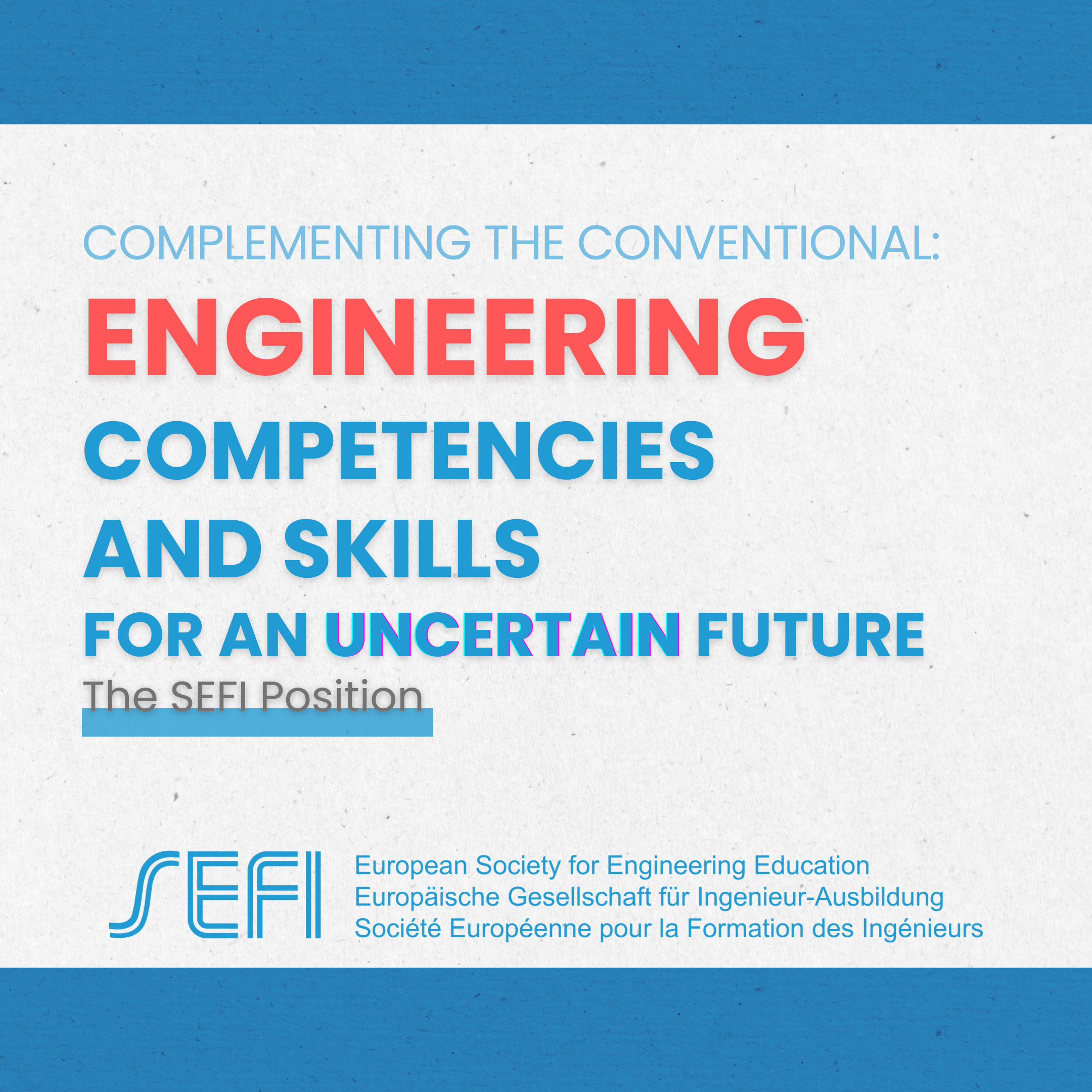From 24 to 26 March, 35 delegates from around the world gathered at the Royal…

Engineering educators across the world and at all education levels are facing new opportunities to shape curriculum to address the pressing challenges of climate change, AI usage, and digital privacy. The standards for professional engineers currently in place typically include a mandate to act ethically and professionally. Yet the question remains: Are students considering the ethical implications of their decisions? There are and will continue to be inquiries about how to best prepare students to make decisions in their professional careers. I believe how students engage with topics such as climate change, AI usage, and digital privacy in the classroom will influence how they consider and grapple with these issues in the workforce. So, are we preparing students for ethical and professional action as future engineering professionals, and if so, what considerations do students take from the classroom to the workforce?
My research is broadly focused on engineering ethics and students’ transition from the classroom to the workforce, and I am particularly interested in the decisions and justifications students use to make their decisions. For example, if students use AI tools to assist in exams or homework, do they believe that is fundamentally different than working with peers? I continue to ask myself if engineering students understand and consider the ethical implications of the decisions they make, and I want students to have the tools to reflect on their decision-making accurately and holistically. In an earlier work, I investigated the connection between students’ ethical development and their perspective-taking skills (Leftwich, 2022). I found that there are practices in place for encouraging and training students to think about their decisions and the consequences from multiple perspectives; however, in practice students lack refined skill in analyzing their everyday decisions. To this end, I proposed a holistic framework for promoting and inspiring undergraduate engineering students’ ethical development across the curriculum and extra-curriculum (Leftwich, 2022). Although a work-in-progress, my hope is that an embedded framework would allow students to see the nuance of ethical considerations in their everyday lives rather than as a high-profile event that shows up as front-page news. In a forthcoming work for ASEE 2023, our research team is additionally reporting on our experiences teaching students to function as “participant-observers” in workplace settings (Jesiek et al., in-press). We contend that training students in non-technical skills (e.g., observing, listening, taking field notes, posing questions, building relationships, etc.) can deepen students’ reflective practices in technical job roles. Additionally, as students deepen their reflective practices, we found that they better understand the roles and responsibilities of professional engineers. These works all come together in the training and development of engineering students’ ethical capacities, something I am convinced will become more essential as current AI advances outpace regulation, environmental events become more extreme, and data sharing and protection needs rise.
In light of these and many other emerging issues, the breadth and depth of ethical dilemmas facing engineering graduates will almost surely increase. In my future research, I hope to work with students to identify the connections they do, or do not, make between their localized actions and the broader implications of their practice. Do students consider the environmental impact of the company they choose to work for? Do students weigh the potential of social error and bias from AI tools? Is it the company’s or the individual’s responsibility to protect user data? All these questions and more will need to be explored as students move into a rapidly evolving professional world. I believe effective and honest preparation for the work environment is an essential component of education, and I am committed to pursuing research that equips students to face the ethical challenges of their professional life.
[As an example of the varied uses and applications of AI for academic writing, the title for this Editorial was produced by ChatGPT-4 using a draft version as the input.]

